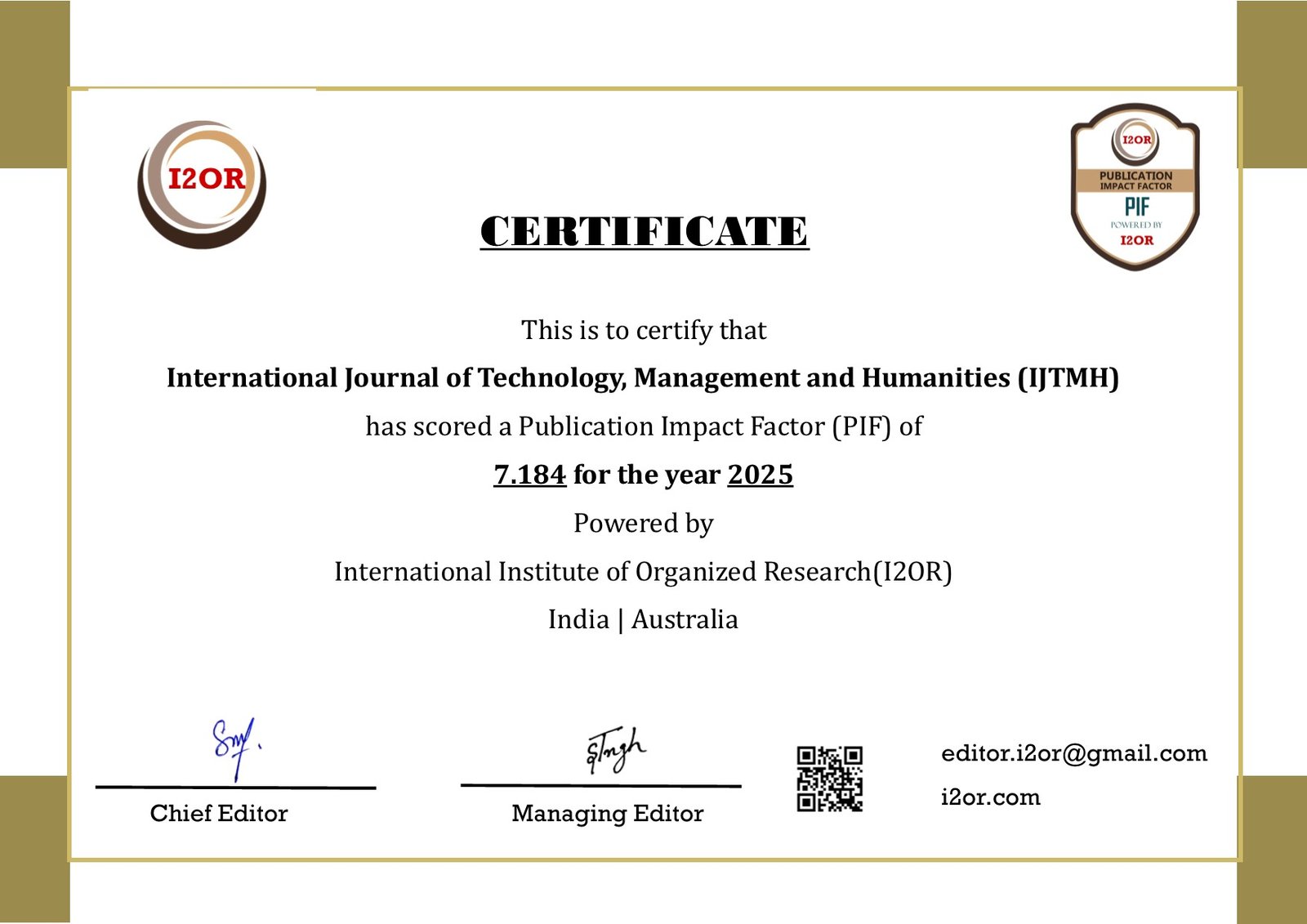Alpha Persistence in Emerging Markets: Myths and Realities
DOI:
https://doi.org/10.21590/Keywords:
Alpha persistence, emerging markets, portfolio strategy, investment performance, financial inefficiency, adaptive investmentAbstract
The notion of alpha persistence is the focal interest in investment research, especially in the case of emerging markets which are believed to offer returns superior through the assumption of structural inefficiency. This paper is a critical review of the misconceptions and facts about generation of alpha and its sustainability in various emerging economies. Based on empirical data and comparative case knowledge, the paper shows the drawbacks of the mainstream beliefs that volatility, regulatory gaps and shallow markets by themselves are sufficient to deliver consistent alpha. Rather, it has been proposed that the degree of market depth, governance issues, exposure to global capital flows, and transaction costs in general reduce the ability of long-term alpha to persist. Moreover, analysis of fund performance indicates that outperforming these markets is less about inefficiency exploitation and more about flexible strategies and on-the-ground experience in addition to portfolio construction discipline. The difference between perception and evidence is highlighted in this paper, which shows that a delicate approach should be considered by both institutional and retail investors when they want exposure in emerging markets. In the end, the argument is we should not expect things to remain the same in these markets, that there is also a balance about what is mythical and what is real, and that as long as an investor plans ahead and adapts accordingly their investment outcomes become sustainable.







